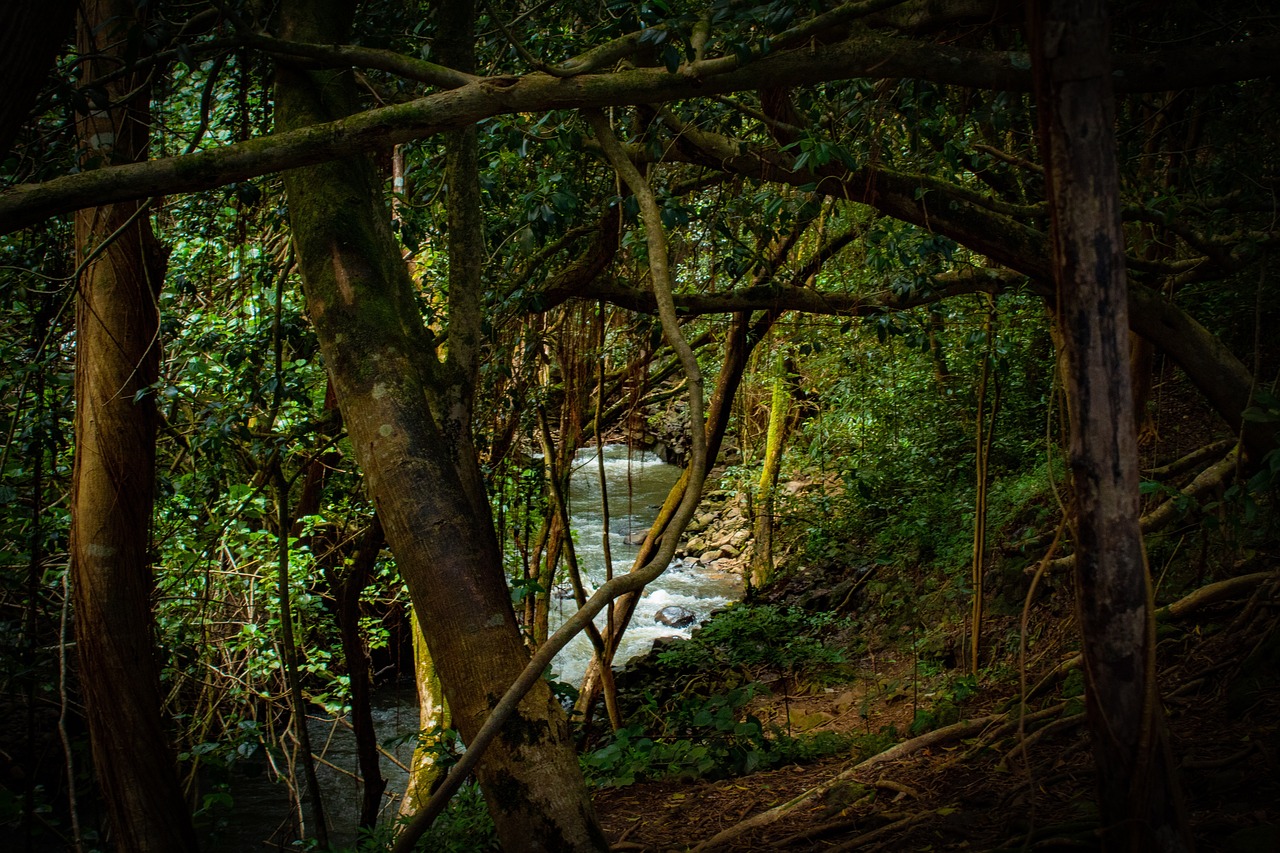
Deforestation in the Amazon: Conclusions of the last summit
Eight countries that have Amazonian territory on their borders met in Brazil to discuss environmental protection policies.
Although the news are not entirely negative, the meeting of leaders held last week in Belem, Brazil, did not produce the results expected by the scientific community, since it was confirmed that the nations that surround the Amazon rainforest will not be able to stop deforestation by 2030, as previously announced.
There were 8 countries that were part of this summit, which agreed on unified environmental policies that seek to promote regional cooperation, a strategy that did not include a definitive date for the end of deforestation, something that Luiz Inácio Lula da Silva, president of Brazil, was looking for at this meeting.
Presidents of Bolivia, Brazil, Colombia, and Peru attended the summit, while Ecuador, Guyana, Suriname, and Venezuela sent other senior officials.
Marcio Astrini, from the environmental lobby group Climate Observatory, commented in statements published by NBCNews:
The planet is melting, we are breaking temperature records every day. It is not possible that, in a scenario like this, eight Amazonian countries are unable to put in a statement — in large letters — that deforestation needs to be zero.
Environmental Concern
Despite the efforts made by Brazil’s President, who has led an international campaign to improve the environmental position of his country, promoting a common policy to eradicate deforestation by 2030, the announcements made by the different representatives at the end of the meeting, indicate that each of these countries will pursue their own individual goals to eliminate this harmful practice.
This situation has been described by scientists as a failure, warning that the lack of political will and a group pact to protect forests is a terrible message for the fight against climate change.
Of particular concern are the cases of Bolivia and Venezuela, the only Amazon countries that did not sign the 2021 agreement among more than 100 countries to stop deforestation by 2030.
Um balanço, com @MarinaSilva, sobre a Cúpula da Amazônia, que se encerrou hoje. Um importante passo dado em defesa das nossas florestas e dos povos amazônidas. #EquipeLula
— Lula (@LulaOficial) August 10, 2023
@ricardostuckert pic.twitter.com/3jvPQroKVr
Amazon Cooperation Treaty Organization (ACTO)
The transnational summit brought together the Amazon Cooperation Treaty Organization (ACTO) for the first time in 14 years, with plans to reach a broad agreement on issues ranging from fighting deforestation to financing sustainable development.
The event uncovered the differences that exist between the leaders of the region on the issue of oil exploitation in the area.
RELATED CONTENT
For example, Amazonian countries rejected the ongoing campaign by Colombian President Gustavo Petro to end new oil development in the Amazon.
This is in relation to Brazil's plans to develop a potentially huge offshore oil exploitation operation near the mouth of the Amazon River and the country's north coast, which is dominated by the rainforest.
¿Qué puede aportar la región para cuidar la selva amazónica? En la #CumbrePorLaAmazonía, el presidente @petrogustavo habló sobre las acciones más allá de la cero deforestación, para la protección del Amazonas.
— RTVC Noticias (@RTVCnoticias) August 10, 2023
Esta fue su declaración en la cumbre realizada en Brasil pic.twitter.com/3E34214L9r
“What we are discussing in Brazil today is research of an extensive and large area — in my vision perhaps the last frontier of oil and gas before ... the energy transition,” Alexandre Silveira, Brazil’s Energy Minister, told reporters after Petro’s speech.
Aside from deforestation, the summit also did not set a deadline to end illegal gold mining, though the leaders agreed to cooperate on the issue and better combat cross-border environmental crimes.
The final joint declaration, called the “Belem Declaration,” firmly ratified the rights and protections of indigenous people, while agreeing to cooperate on water management, health, common negotiating positions at climate summits, and sustainable development.
Reuters reported that the declaration also established a scientific body to meet annually and produce authoritative reports on science related to the Amazon rainforest, similar to the United Nations' International Panel on Climate Change.











LEAVE A COMMENT: